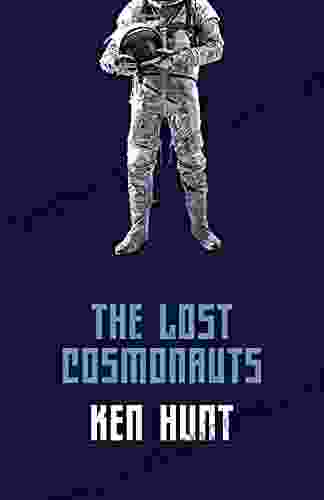Medicine and What Matters in the End: A Comprehensive Guide to the Medical Profession

Medicine, the art and science of healing, has played a pivotal role in shaping human history and enhancing our quality of life. From ancient healers to modern-day surgeons, medical professionals have dedicated their lives to alleviating suffering, preventing diseases, and extending human lifespans. This comprehensive article will provide an in-depth exploration of the medical profession, examining its history, ethics, advancements, controversies, and the profound impact it has on our lives.
History of Medicine
The origins of medicine can be traced back to the earliest civilizations, where individuals possessed empirical knowledge of healing herbs and surgical techniques. Ancient Egypt, Greece, and Rome made significant contributions to medical knowledge, with notable figures like Hippocrates, Galen, and Avicenna establishing foundational principles that continue to influence modern medicine.
4.8 out of 5
| Language | : | English |
| File size | : | 1953 KB |
| Text-to-Speech | : | Enabled |
| Screen Reader | : | Supported |
| Enhanced typesetting | : | Enabled |
| X-Ray | : | Enabled |
| Word Wise | : | Enabled |
| Print length | : | 297 pages |
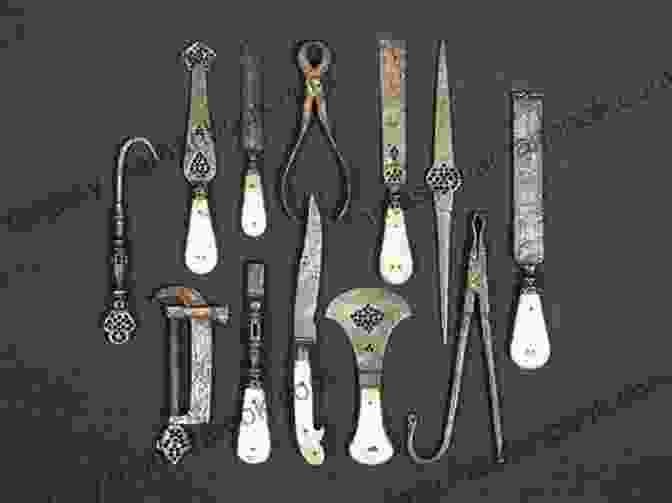
The Middle Ages witnessed a period of stagnation in medical knowledge due to religious dogma and the decline of classical learning. However, the Renaissance and Enlightenment brought about a resurgence of scientific inquiry and anatomical studies, leading to groundbreaking discoveries in anatomy, physiology, and surgery.
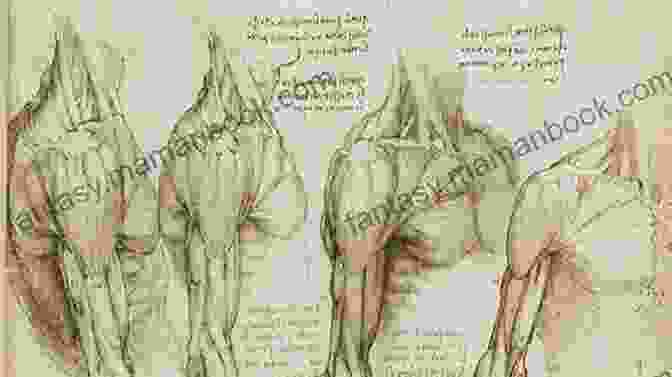
The 19th century marked a turning point in medical history, with the advent of anesthesia, germ theory, and the development of vaccines. These advancements significantly reduced surgical mortality and paved the way for the modern era of evidence-based medicine.
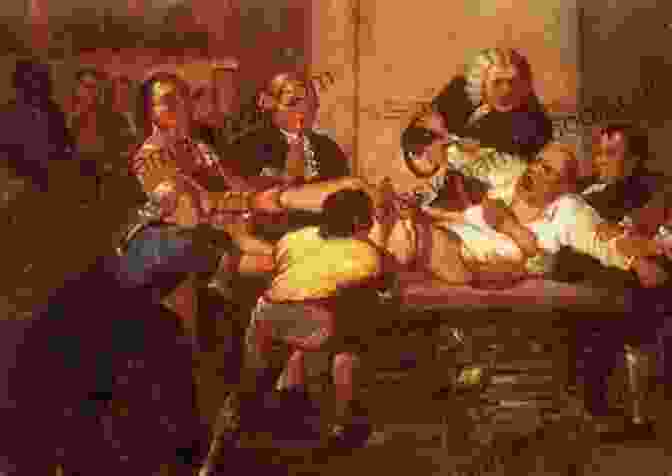
Medical Ethics
Medical ethics, a branch of applied ethics, deals with the moral principles and values that guide medical practices. It addresses issues such as patient autonomy, consent, confidentiality, and end-of-life care.

One of the fundamental principles of medical ethics is patient autonomy, which respects the patient's right to make informed decisions about their medical care. Informed consent requires healthcare providers to provide patients with clear and accurate information about their condition, treatment options, and potential risks and benefits.
Confidentiality is another key ethical principle in medicine. Healthcare professionals have a duty to maintain the privacy of patient information, including medical records, diagnoses, and treatment plans.
End-of-life care presents complex ethical challenges, particularly when patients face terminal illnesses. Medical ethics provides guidance on respecting patient autonomy, addressing pain and symptom management, and facilitating end-of-life discussions.
Medical Advancements
The medical profession has witnessed remarkable advancements over the centuries, revolutionizing healthcare and improving human health. Some of the most significant medical advancements include:
Vaccines and Immunizations
Vaccines have played a crucial role in preventing and eradicating infectious diseases. By introducing weakened or inactivated forms of viruses or bacteria, vaccines stimulate the immune system to produce antibodies that protect against future infections.

Antibiotics
Antibiotics, such as penicillin, have transformed the treatment of bacterial infections. These medications have significantly reduced mortality rates and improved the prognosis of conditions like pneumonia, sepsis, and tuberculosis.

Surgical Techniques
Surgical techniques have undergone continuous refinement over the years. Advances such as laparoscopic surgery, robotic surgery, and microsurgery have enabled minimally invasive procedures, reducing patient trauma, recovery time, and scarring.

Medical Imaging
Medical imaging technologies, such as X-rays, MRI, and ultrasound, have revolutionized diagnostics by providing non-invasive methods to visualize internal organs, identify abnormalities, and guide treatment decisions.
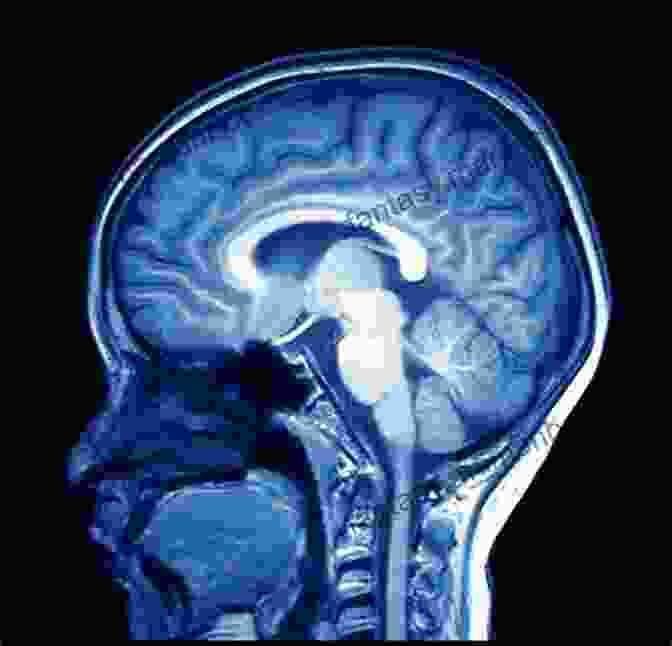
Medical Controversies
Medicine, like any other field, is not immune to controversies. Some of the most debated medical issues include:
End-of-Life Care
End-of-life care presents ethical challenges, particularly in cases of terminal illnesses and patient requests for assisted dying. The legality and ethical implications of euthanasia and assisted suicide remain contentious topics.
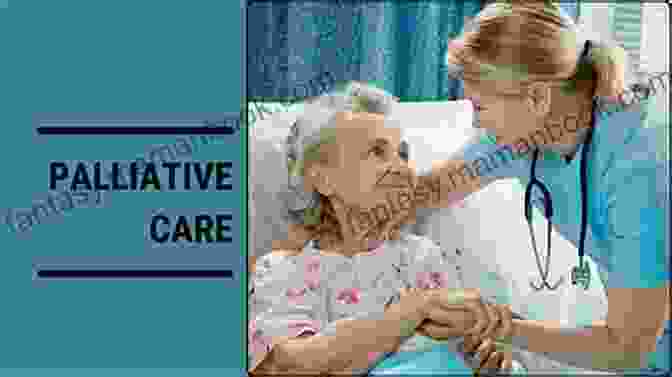
Alternative Medicine
The use of alternative medicine practices, such as acupuncture, herbal remedies, and homeopathy, has sparked controversy. While some alternative therapies may provide symptomatic relief, their effectiveness and safety remain largely unproven and are often not supported by scientific evidence.

Genetic Engineering
Advancements in genetic engineering, such as gene editing and CRISPR technology, raise ethical concerns regarding the potential misuse and unintended consequences of altering human DNA. The ethical implications of designer babies, germline editing, and the potential impact on genetic diversity are subjects of ongoing debate.
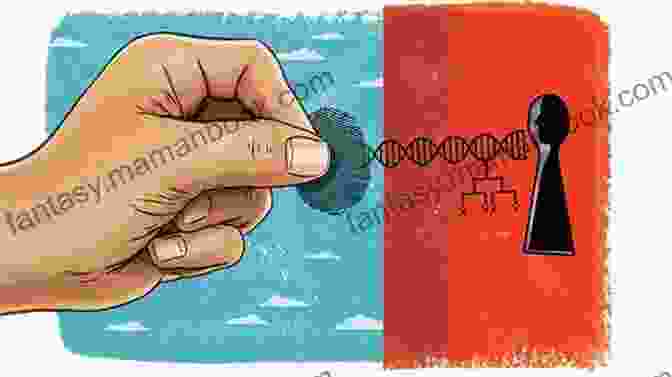
The Impact of Medicine on Society
Medicine has a profound impact on our lives and societies. It has:
Improved Life Expectancy
Medical advancements have significantly increased life expectancy over the past centuries. The eradication or effective management of infectious diseases, improved nutrition, and better healthcare infrastructure have all contributed to increased longevity.
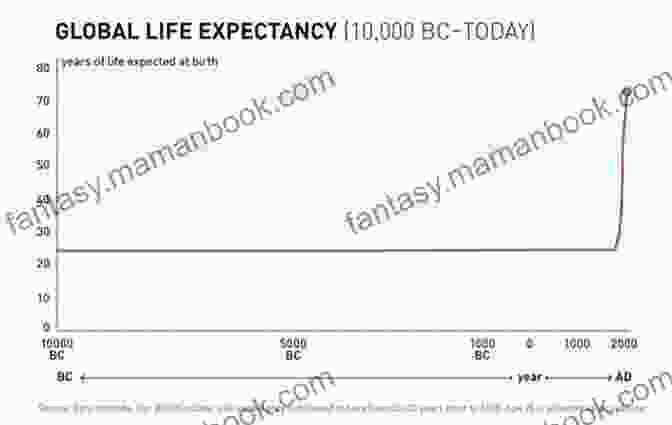
Reduced Morbidity and Mortality
Medical interventions have reduced morbidity and mortality rates for a wide range of conditions. Vaccines, antibiotics, surgical techniques, and chronic disease management have improved the prognosis and quality of life for millions of people.

4.8 out of 5
| Language | : | English |
| File size | : | 1953 KB |
| Text-to-Speech | : | Enabled |
| Screen Reader | : | Supported |
| Enhanced typesetting | : | Enabled |
| X-Ray | : | Enabled |
| Word Wise | : | Enabled |
| Print length | : | 297 pages |
Do you want to contribute by writing guest posts on this blog?
Please contact us and send us a resume of previous articles that you have written.
 Top Book
Top Book Novel
Novel Fiction
Fiction Nonfiction
Nonfiction Literature
Literature Paperback
Paperback Hardcover
Hardcover E-book
E-book Audiobook
Audiobook Bestseller
Bestseller Classic
Classic Mystery
Mystery Thriller
Thriller Romance
Romance Fantasy
Fantasy Science Fiction
Science Fiction Biography
Biography Memoir
Memoir Autobiography
Autobiography Poetry
Poetry Drama
Drama Historical Fiction
Historical Fiction Self-help
Self-help Young Adult
Young Adult Childrens Books
Childrens Books Graphic Novel
Graphic Novel Anthology
Anthology Series
Series Encyclopedia
Encyclopedia Reference
Reference Guidebook
Guidebook Textbook
Textbook Workbook
Workbook Journal
Journal Diary
Diary Manuscript
Manuscript Folio
Folio Pulp Fiction
Pulp Fiction Short Stories
Short Stories Fairy Tales
Fairy Tales Fables
Fables Mythology
Mythology Philosophy
Philosophy Religion
Religion Spirituality
Spirituality Essays
Essays Critique
Critique Commentary
Commentary Glossary
Glossary Bibliography
Bibliography Index
Index Table of Contents
Table of Contents Preface
Preface Introduction
Introduction Foreword
Foreword Afterword
Afterword Appendices
Appendices Annotations
Annotations Footnotes
Footnotes Epilogue
Epilogue Prologue
Prologue Key Miller
Key Miller William Langland
William Langland Jessica Brody
Jessica Brody Swan Aung
Swan Aung Sonia Pilcer
Sonia Pilcer Susan Thrasher
Susan Thrasher Rj Reyes
Rj Reyes Dola Basu Singh
Dola Basu Singh Matt Shaw
Matt Shaw Bhagat Singh
Bhagat Singh David Wood
David Wood Ann Omasta
Ann Omasta Franco Arminio
Franco Arminio Marilyn Cochran Smith
Marilyn Cochran Smith Lynne Soraya
Lynne Soraya Robert Zimmermann
Robert Zimmermann Eli Saslow
Eli Saslow Joelle Johnson
Joelle Johnson Anita Knight
Anita Knight Nikki Rose
Nikki Rose
Light bulbAdvertise smarter! Our strategic ad space ensures maximum exposure. Reserve your spot today!
 Jorge AmadoFollow ·15.6k
Jorge AmadoFollow ·15.6k Griffin MitchellFollow ·13.8k
Griffin MitchellFollow ·13.8k Rudyard KiplingFollow ·2.4k
Rudyard KiplingFollow ·2.4k Leo TolstoyFollow ·8.3k
Leo TolstoyFollow ·8.3k Dan BellFollow ·15k
Dan BellFollow ·15k Brett SimmonsFollow ·2.5k
Brett SimmonsFollow ·2.5k Terry BellFollow ·16k
Terry BellFollow ·16k Thomas HardyFollow ·15.6k
Thomas HardyFollow ·15.6k

 Roland Hayes
Roland HayesFive Unique Eating Plans to Shatter Your Weight Loss...
Weight loss journeys can be a rollercoaster...

 Gustavo Cox
Gustavo CoxThe Small Habits Revolution: How Tiny Changes Can...
Are you ready to...

 Herman Mitchell
Herman MitchellVisit Alook Cool Place In Outer Space Let Explore The...
Welcome to the World Series...

 Hassan Cox
Hassan CoxGaunt's Ghosts Omnibus: A Comprehensive Guide to the Epic...
Prepare to embark on an...
4.8 out of 5
| Language | : | English |
| File size | : | 1953 KB |
| Text-to-Speech | : | Enabled |
| Screen Reader | : | Supported |
| Enhanced typesetting | : | Enabled |
| X-Ray | : | Enabled |
| Word Wise | : | Enabled |
| Print length | : | 297 pages |















